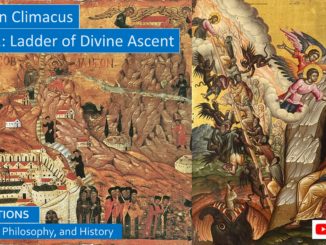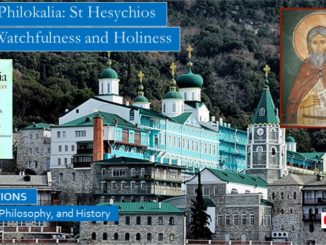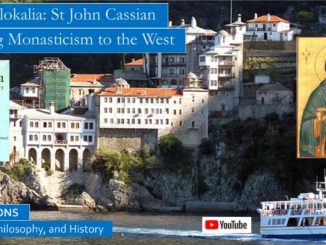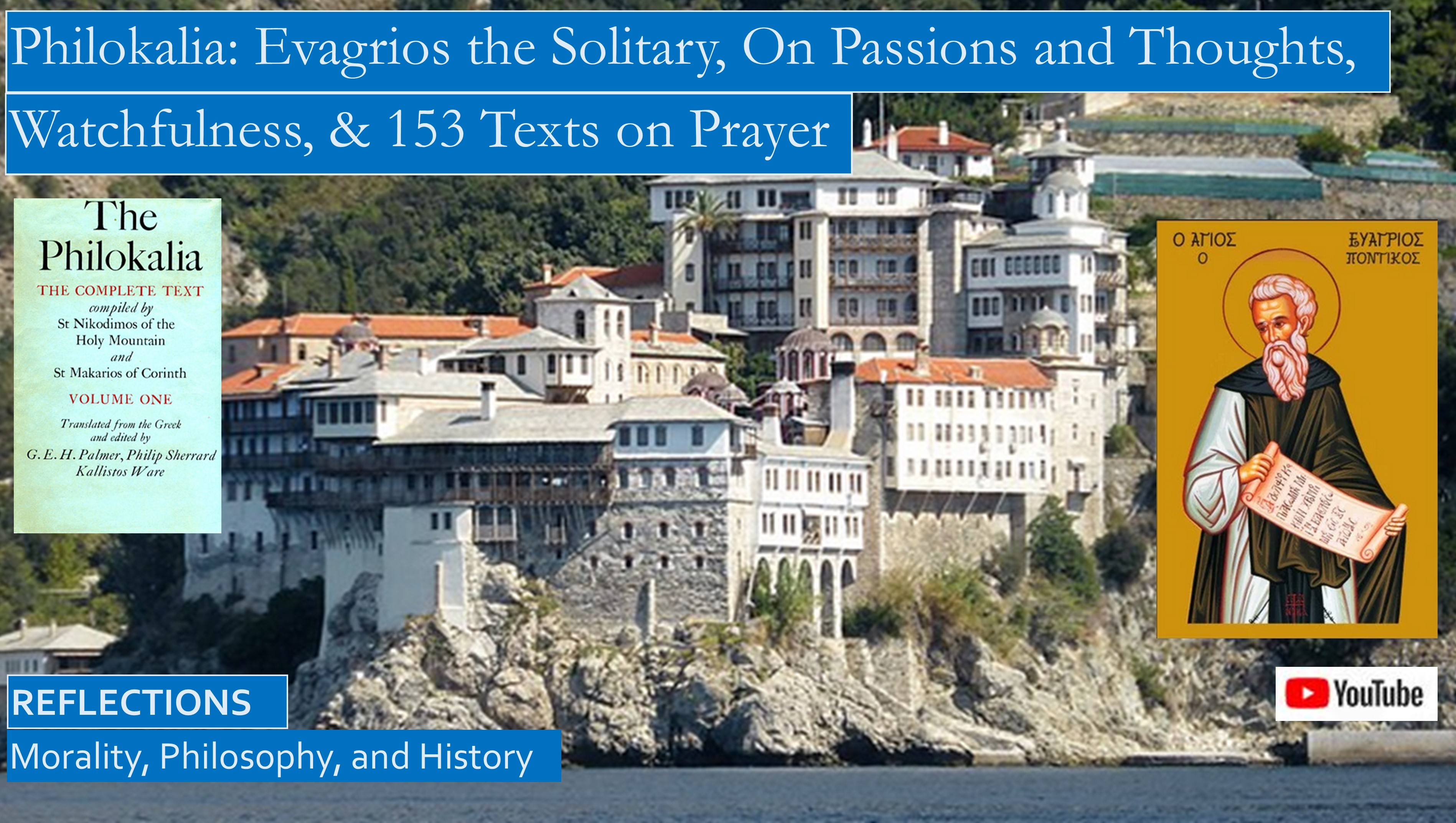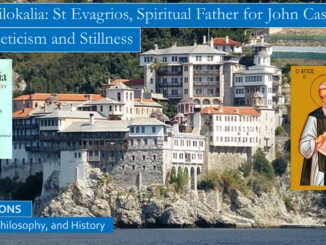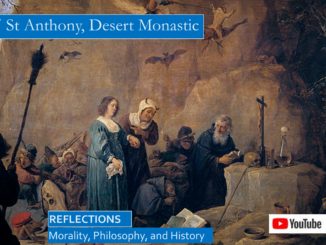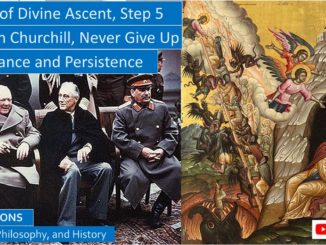
St John Climacus: Ladder of Divine Ascent, Step 5, Repentance, and Perseverance of Winston Churchill
Repentance is not merely a quick apology to St John Climacus. Repentance is not quick in the Ladder of Divine Ascent. The first four rungs, where we renounce the world, detach ourselves from worldly things, become an exile and pilgrim from the affairs of the world, and with daily discipline internalize God’s will in holy obedience, these first four rungs prepare us for the rung of repentance. Repentance is more an attitude and a process than an event. An attitude of humility and repentance will prepare us for the slow ascent up the remaining twenty-five steps of the Ladder of Divine Ascent. Without daily heartfelt repentance we cannot continue the climb to a godly life. […]

